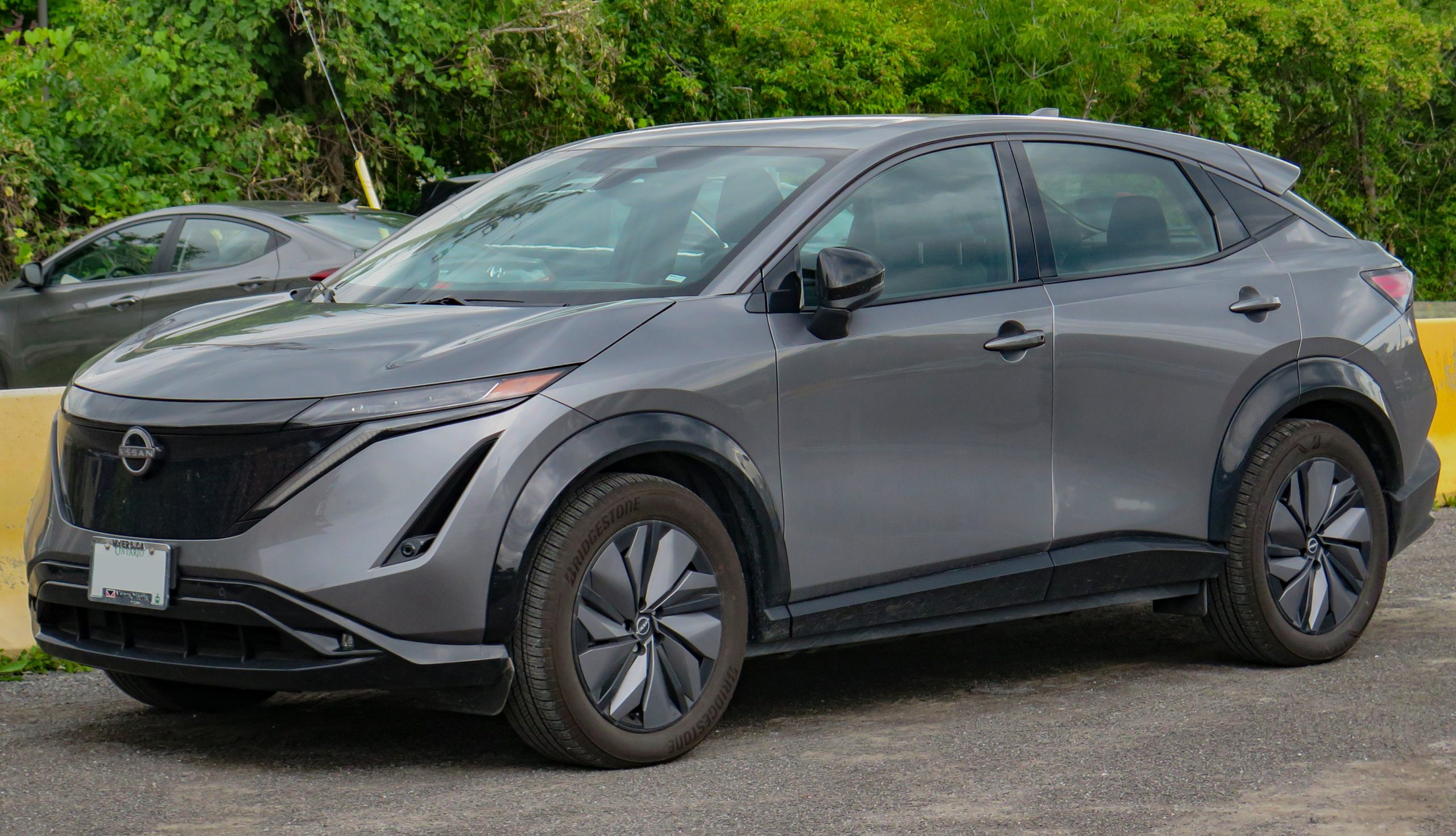
A new electric vehicle (EV) has taken the automotive world by storm, showcasing a surprising feature: the ability to drift. In contrast, another EV manufacturer has been criticized for advertising a drifting capability that simply does not exist. This development is significant for car enthusiasts and potential buyers, as it highlights the contrasting approaches of different manufacturers in the burgeoning electric vehicle market.
The Drifting EV: A Game-Changer
The 2023 Nissan Ariya is making headlines for its innovative technology, which includes a unique feature that allows the car to drift. This capability is primarily attributed to the vehicle’s all-wheel-drive system and its advanced torque vectoring technology, which can redistribute power between the front and rear wheels. The Ariya’s ability to drift not only enhances its performance but also appeals to a demographic of drivers who value thrill and excitement.
The Ariya’s drifting feature has been met with enthusiasm, as it provides a new way to experience electric performance. Nissan claims that the vehicle can achieve 0-60 mph in just 4.8 seconds, a figure that rivals many traditional sports cars. The integration of the drift mode is particularly relevant as the company seeks to capture a younger market, where performance and driving engagement are critical factors.
The Controversy: Pretending to Drift
On the flip side, Tesla is facing scrutiny over its marketing of the Model Y, which the company has promoted with the tagline “drift like a pro.” However, many users have reported that the vehicle lacks the necessary features to perform such maneuvers effectively. This discrepancy has led to disappointment among consumers who expected a high-performance vehicle that could deliver on the promises made in marketing campaigns.
Some Tesla enthusiasts have taken to social media to express their dissatisfaction, sharing videos that highlight the limitations of the Model Y in drifting scenarios. This situation has prompted questions about the transparency of marketing claims in the EV sector and whether consumers are being misled by manufacturers. With over 250,000 units of the Model Y sold in the last year alone, the implications of such a discrepancy could be significant for Tesla’s reputation.
The Consumer Response
The contrasting experiences of the Nissan Ariya and Tesla Model Y are indicative of a broader trend in the electric vehicle market. Consumers are becoming more discerning, demanding not only performance but also honesty from manufacturers. A recent survey indicated that 72% of potential EV buyers value realistic performance metrics over flashy marketing, highlighting the need for manufacturers to align their advertising with actual capabilities.
In an era where electric vehicles are increasingly becoming mainstream, the stakes are high for manufacturers. The automotive industry is projected to reach a market size of $803 billion by 2027, with electric vehicles playing a crucial role in that growth. As competition heats up, companies like Nissan and Tesla will need to navigate these challenges carefully to maintain consumer trust.
The Future of EV Performance
The introduction of drifting capabilities in vehicles like the Nissan Ariya signals a shift in how manufacturers are developing electric performance cars. Engineers are focusing on delivering not just eco-friendliness but also excitement and engagement for drivers. This dual focus could redefine what consumers expect from electric vehicles, pushing traditional performance metrics into a new era.
As the market continues to evolve, it is likely that other manufacturers will follow suit, integrating similar technologies into their electric offerings. The success of the Ariya could inspire competitors to enhance their performance features, leading to a more vibrant and competitive landscape for performance EVs.
The Call to Action
As the electric vehicle market expands, consumers must stay informed about the capabilities of the vehicles they consider purchasing. The cases of the Nissan Ariya and Tesla Model Y serve as vital reminders of the importance of thorough research before making an investment. Potential buyers should look beyond marketing claims and seek out real-world performance reviews. Stay updated, ask questions, and choose wisely to ensure you get the vehicle that truly meets your expectations.
